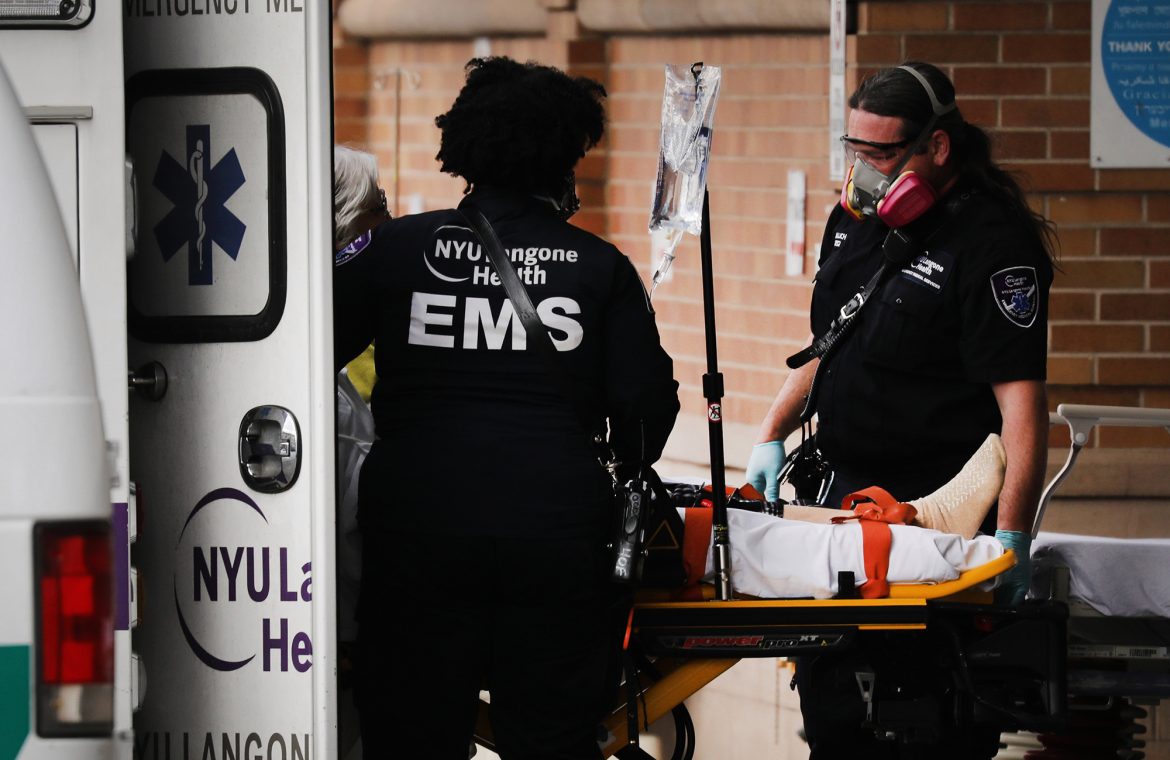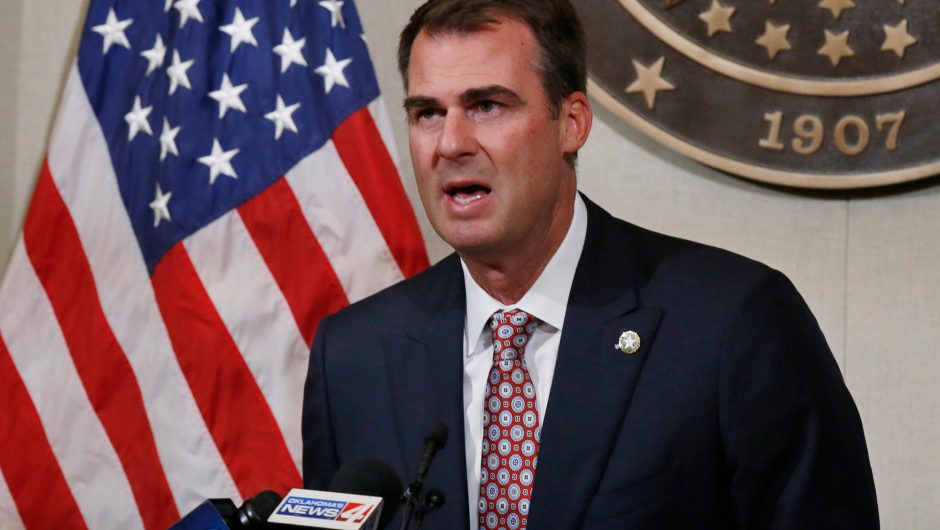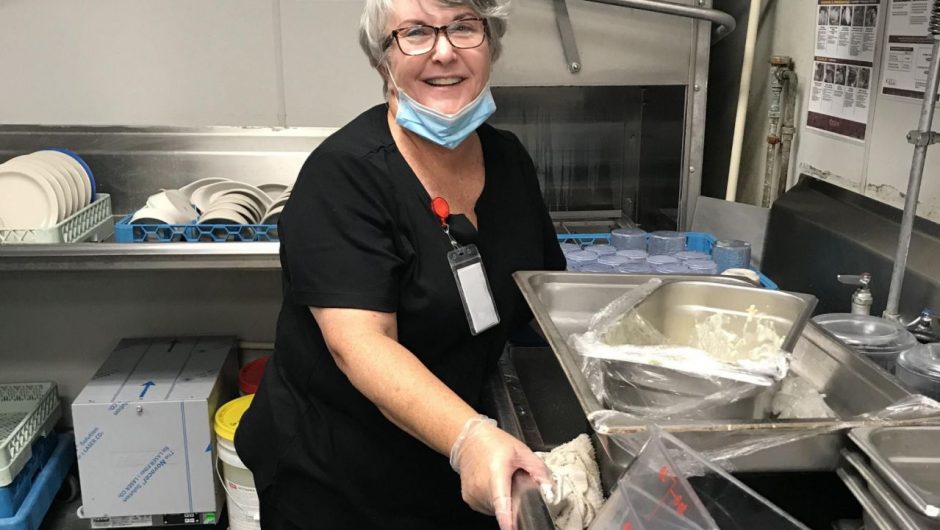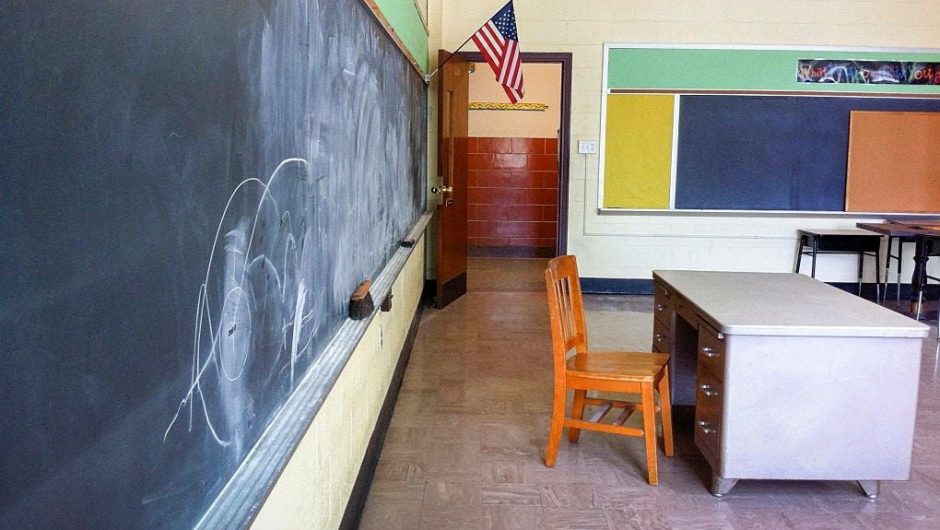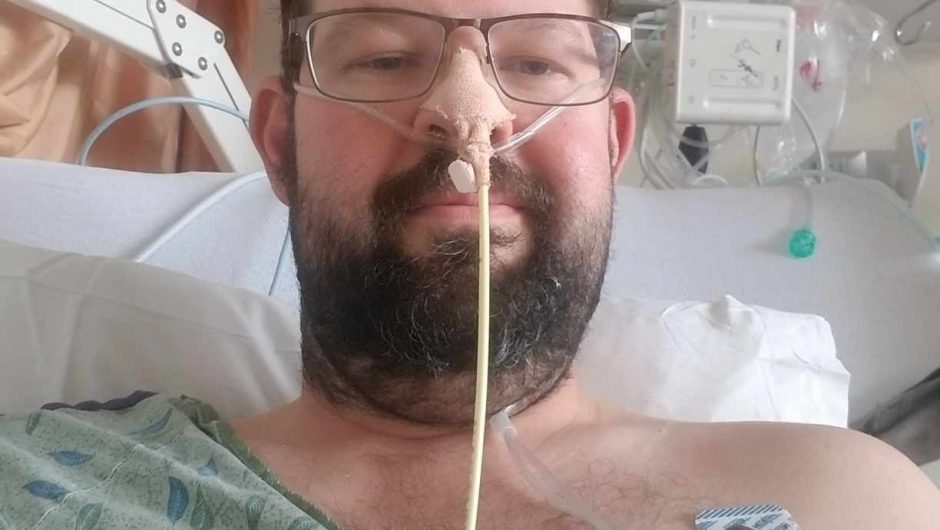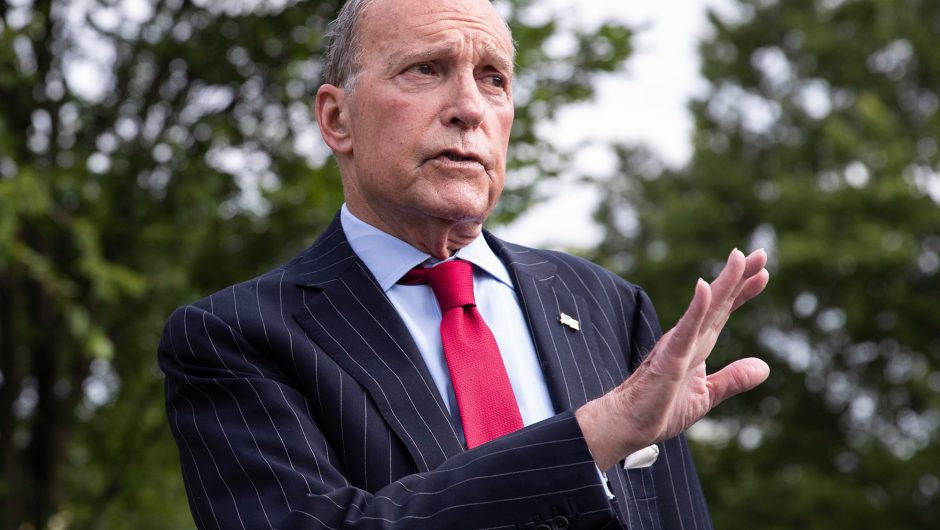Most New Yorkers think the worst of the coronavirus is yet to come even though the number of COVID-19 cases and reported deaths have dropped dramatically in the Empire State after a brutal spring, according to a new poll released Monday.
The Siena College survey found that 62 percent of state voters think that the worst of the coronavirus pandemic is still to come while only 27 percent think that the worst is over.
While COVID-cases have raged in other southern and western states as New York has stabilized, residents worry the killer virus will return here with a vengeance.
A larger majority — 82 percent of respondents think it is either very (39 percent) or somewhat (43 percent) likely New York will face another outbreak of the coronavirus in the fall. Only 17 percent said such an outbreak was unlikely.
Meanwhile, 78 percent of residents said they are very or somewhat concerned that they or a member of their family will get infected with COVID-19.
New Yorkers made it clear what when it comes to COVID-19, they err on the side of public health over jump-starting the economy.
The poll found that 70 percent of residents prefer that the government’s priority should be containing the spread of the coronavirus – even if it hurts the economy.
Only 22 percent back restarting the economy, even it means increasing the risk to public health.
“Majorities of every demographic, except Republicans, think that we haven’t seen the worst of the pandemic, and majorities of every demographic want the government to concentrate on containing the virus even if the economy suffers,” said Siena College polling director Don Levy.
“Nearly 80 percent are concerned that they, or another member of their household, will get sick with COVID-19.”
A majority of respondents – 56 percent – said they would not resume family gatherings without social distancing while 44 percent said they likely would.
Nearly two-thirds of voters – 64 percent – said they’re comfortable with engaging in outdoor dining, compared to 35 percent who aren’t.
But the script was flipped when it comes to eating in the indoor areas of a restaurant – with 65 percent saying they are uncomfortable doing that right now compared with 35 percent who are comfortable.
The phasing-in of indoor dining was postponed in New York City because of concerns about spreading COVID-19 after seeing an increase in other states that fully opened their restaurants.
Outdoor dining returned under NYC’s Phase 2 in reopening and loosening of coronavirus restrictionsStephen Yang
A strong majority of New Yorkers would feel comfortable partaking in some recreational activities: 64 percent of respondents said they would enjoy playing tennis or golf, 61 percent would go to a park or playground, 60 percent would go to a barbershop or salon, and 56 percent would visit a beach or lakeshore.
Looking to the future of education, 64 percent of New Yorkers think it’s likely their neighborhood schools will reopen in September. In New York City, Mayor Bill de Blasio said the schools would reopen, though students would alternate between taking classes in-person and on-line to adhere to social distancing.
The survey also asked about race relations in New York – 81 percent think systemic racism is either a very or somewhat serious problem in the state.
One-third of all voters and 71 percent of Blacks across the state said they often witness or hear about people in New York being discriminated against because of their race or ethnicity. Only 29 percent of residents say they seldom or never hear of racial or ethnic discrimination.
Many New Yorkers said they actively oppose discrimination or are racially tolerant – 53 percent described themselves as “anti-racist” and 36 percent said they were “not racist.”
“New Yorkers agree, systemic racism is a problem. Dramatic majorities of every demographic by party, age, race and region think systemic racism is at least a somewhat serious if not a very serious problem,” Levy said.
The Siena poll queried more than 400 New Yorkers from June 28 to July 8 and has a margin of error of 3.7 percentage points.


